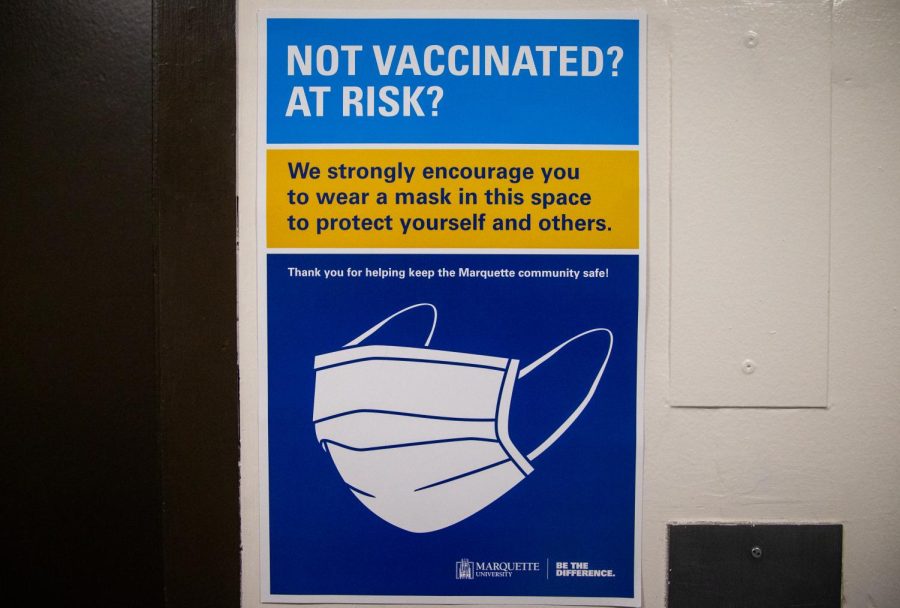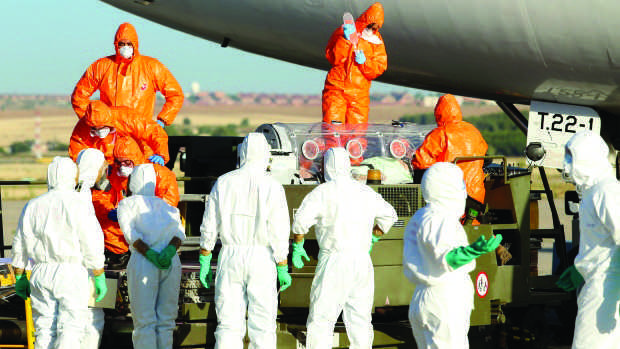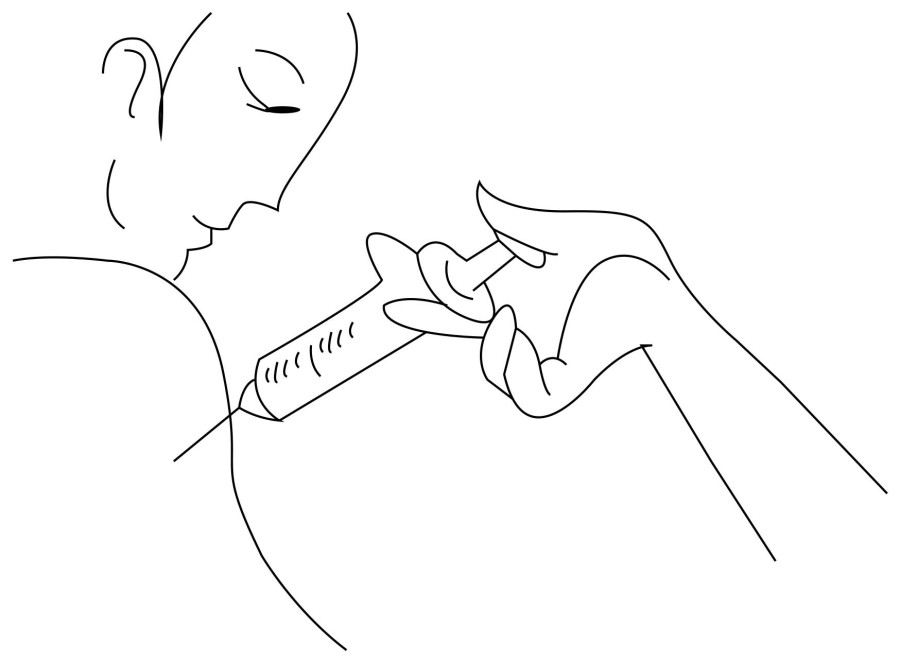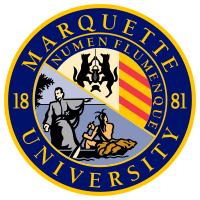 Nearly 700 individuals were vaccinated against the H1N1 virus during a clinic held in the Alumni Memorial Union ballrooms last Thursday.
Nearly 700 individuals were vaccinated against the H1N1 virus during a clinic held in the Alumni Memorial Union ballrooms last Thursday.
It was the third Student Health Service-sponsored clinic this semester, and by far the most attended, said Carolyn Smith, SHS senior physician. In total, the university has given out almost 2,100 doses of the so-called “swine flu” vaccine, the majority given to students.
This most recent clinic was the first chance for anyone with Marquette identification to receive the vaccine. The first clinic on Nov. 16 was limited to priority groups, including pregnant women, health care workers, clinical students and those 18 years old and younger with chronic medical problems. At a Nov. 23 clinic, the vaccine was expanded to students ages 19 to 25 with chronic illnesses.
SHS’ goal is to vaccinate half of the total Marquette population of students, faculty and staff — approximately 6,000 people, Smith said.
The university received the vaccines from the state health department in October after registering as a private health care provider. The total number of vaccines is split evenly between public and private providers.
“You never knew how much you’d get from week to week,” Smith said. “We’d wait for the delivery and open a ‘magic box’ to see how much we got. It was an interesting process to go through.”
Currently, the university has 1,200 H1N1 vaccines remaining, with more on the way.
“We still have quite a bit left,” Smith said. “The distribution to the state has been increasing, so we’re lucky enough now to get a reasonable amount of vaccines.”
SHS is encouraging students to get vaccinated. Both the H1N1 and seasonal flu vaccines are available at Schroeder Complex by appointment. The H1N1 vaccine is free of charge, and the seasonal vaccine is $25.
Another general H1N1 clinic is set for late January or early February after students return from break.
“We’re hoping a lot of students will get their vaccine, if they haven’t yet, before they leave,” Smith said.
SHS has been emphasizing flu prevention practices like hand washing since the first confirmed H1N1 flu case on campus was reported in September.
At the clinic on Thursday, lines extended outside the ballrooms into the third floor lobby, but then moved quickly.
Lara Johann-Reichart, a freshman in the College of Arts & Sciences and AMU security aide, said there was a rush of people during the first hour, but lines became steady.
Malinda Hoffmann, a junior in the College of Arts & Sciences, said, “I only had to wait about 15 minutes. The lines seemed long, but you went through quickly.”
Once in the door, participants filled out a short registration form, where they could indicate if they had certain allergies.
According to the Centers for Disease Control and Prevention, people with severe allergies to eggs or other substances in the vaccine, who have had life-threatening allergic reactions to previous flu vaccines, or who have had Guillain Barré Syndrome should not receive the H1N1 vaccine.
Student volunteers from Global Medical Brigades completed the participant registration process.
Typically the vaccine is administered either through an intranasal dose or an upper arm injection. At the AMU clinic, students and others received an injection from Marquette nursing students and SHS nurses.
“This is the most definitive preventable measure we have,” Smith said. “That’s why we’re trying to get the word out to students, especially college-aged students, because they are in the target groups. We’re doing all we can to get the message out.”







